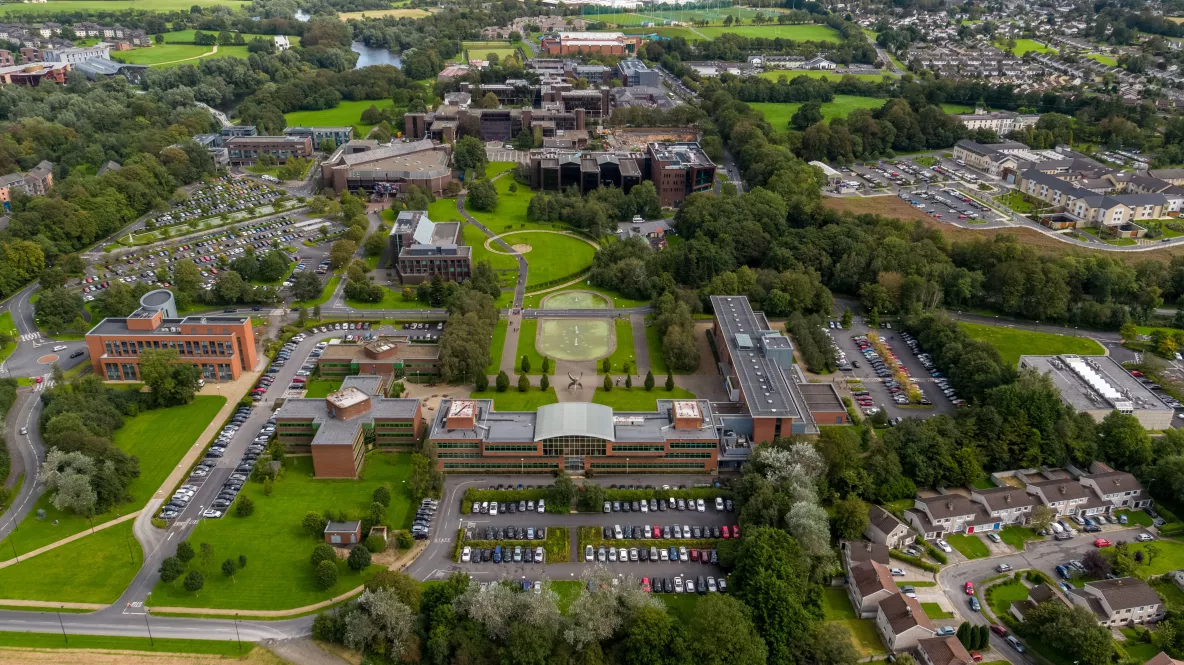
The COVID-19 coronavirus crisis and the resulting ‘lockdown life’ has led to major disruptions to the lives of young people and their families that could threaten their wellbeing.
That is according to a team of experts at University of Limerick who have launched a new study to explore how children, teenagers and their families are coping during the health crisis.
The study, entitled Co-SPACE (COVID-19 Supporting Parents, Adolescents and Children during Epidemics), will focus on those aged 4 – 18 years and their families.
The researchers aim to track children and young people’s mental health throughout the COVID-19 crisis to identify what advice, support and help can actually protect their mental health.
Dr Jennifer McMahon, who is a Lecturer in Psychology of Education at UL, said: “Anecdotal reports suggest that many families and students are struggling with the restrictions imposed by COVID-19 and while general mental health supports are available there is a distinct lack of information about what type of supports could be most effective in the context of COVID-19.”
The UL research is linked to a study of the same name in the UK being led by Professor Cathy Creswell and Dr Polly Waite of the Department of Psychiatry and Experimental Psychology, University of Oxford.
Early findings from that study have shown that the top three stressors for parents and carers are work, their children’s wellbeing and their family and friends (outside their household).
The UK research has also shown that just over half of the children and young people surveyed are completing two or more hours of schoolwork per day. It shows that three quarters of children and young people surveyed are keeping in touch with friends via video chat, the same number are getting more than 30 minutes of exercise per day.
It also reveals that almost two thirds of parents and carers feel that they are not sufficiently meeting the needs of both work and their child.
The UL team are hoping to get over 1,000 families and carers to participate here, with the first survey to be followed up by subsequent surveys at monthly intervals.
“The questions are on a range of topics related to family life and relationships, overall health and wellbeing, parenting, education, psychological symptoms and how they and their child are coping during the COVID-19 pandemic,” said Dr McMahon.
“The early findings in the UK have shown us that two thirds of parents or carers are worried that they are not meeting the needs of both work and to their children and we are interested to see if that situation is reflected here – it is likely that people are struggling with similar feelings.
“We are also interested in adolescents’ views and so if parents or carers have a child between 11-18 years there will be an option for them to take part also - once they have completed the initial survey,” she added.
Regular summaries of the research findings will be available at the research website
The study is a collaboration between the Teaching for Inclusion (i-TEACH) research lab led by Dr Jennifer McMahon and the Centre for Social Issues led by Professor Orla Muldoon. Other team members are Dr Sharon Houghton, Dr Elaine Gallagher, Dr Cliodhna O’Connor, Megan Ryan and Eibhlin Walsh.
The link to the study is here: https://tinyurl.com/UL-COSPACE.